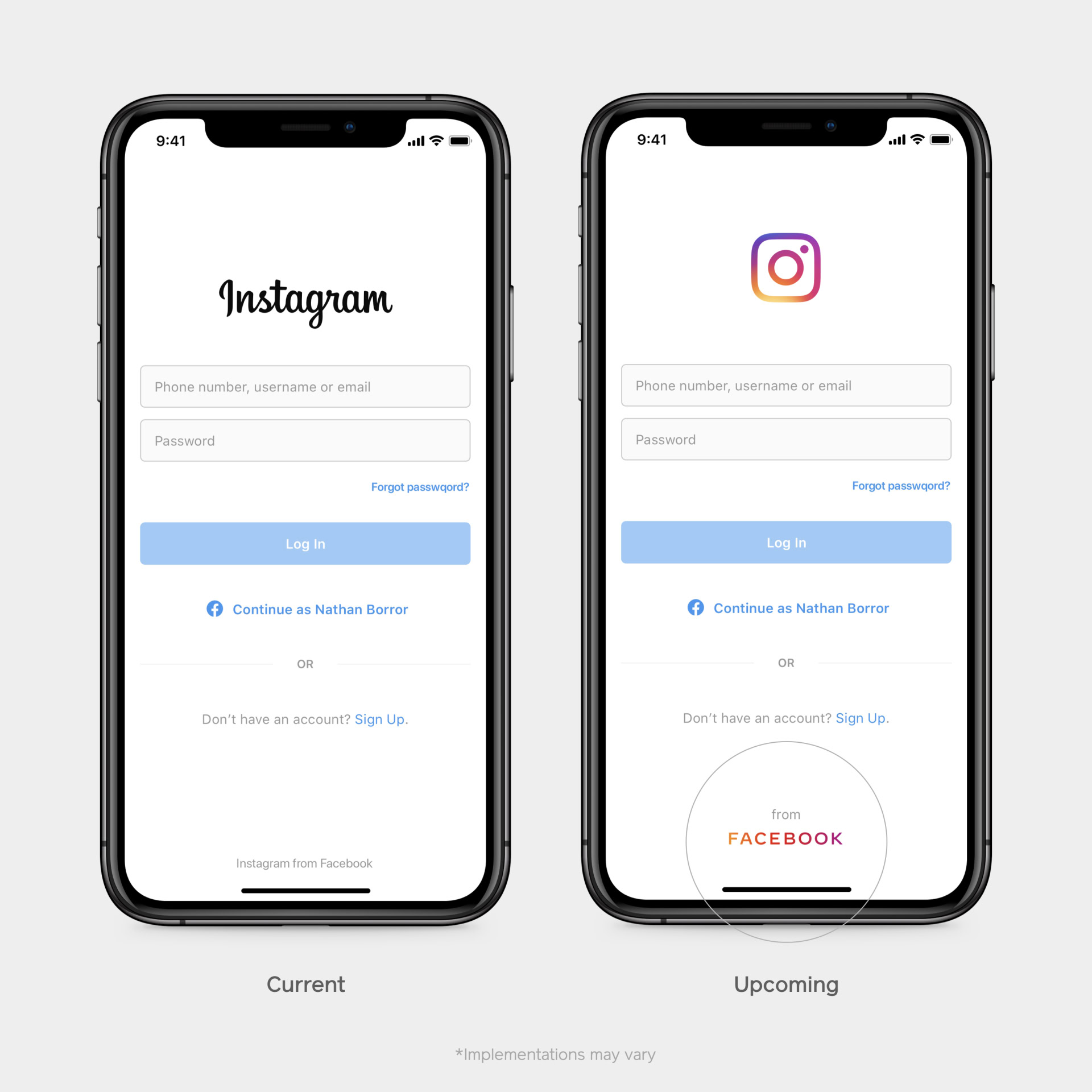Affiliate links on Android Authority may earn us a commission. Learn more.
First formal step taken in integrating Facebook, Instagram, WhatsApp, Messenger

Today, Facebook announced some news that sounds pretty boring at face value: the new Facebook logo. As seen above, the logo is very simple and modern.
For the sake of clarity, this new Facebook logo isn’t for the Facebook application — the app you install on your phone or the web app that appears when you visit Facebook.com. This new logo is for the company Facebook, the one that owns the Facebook app, Instagram, WhatsApp, and multiple other properties.
In that sense, this logo change is actually pretty interesting, as it represents the first formal step in doing something that has proven to be a bit controversial: hybridizing the biggest Facebook properties, which includes Facebook, Messenger, Instagram, and WhatsApp. This hybridization will happen at some point in 2020.
This new Facebook logo is going to start appearing in the branding for those properties to help inform consumers that they all exist under the Facebook umbrella. That way it won’t seem so jarring when the hybridization occurs next year.
Check it out below:

Facebook plans to bring together the messaging capabilities of Instagram, Messenger, and WhatsApp at some point next year, which will allow people to have encrypted conversations across platforms. In other words, you’ll be able to message a WhatsApp friend through Instagram even if you are not following each other on that platform.
Notice that as the Facebook logo changes colors in the GIF at the top of this article it bounces between the Facebook blue, the WhatsApp green, and the Instagram red/purple/orange gradient.
With the state of Facebook as it is right now, it’s unclear if bringing more attention to the fact that the company owns several other platforms is the best idea, but it appears to be moving forward with it anyway.